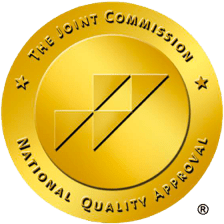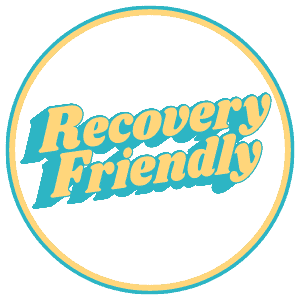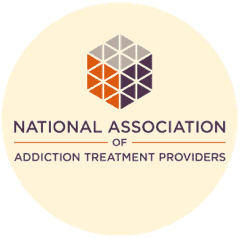After several challenging, transformative months, your loved one finally did it. They got sober, found a job, attended meetings, and felt confident in themselves, but then they pick up drugs or alcohol again, and you’re left wondering exactly what went wrong.
It happens all the time. People get sober, get things back in life, and the horizons look clear. Then, seemingly out of nowhere, they relapse and turn back to their old behaviors. So why is this? Why do addicts relapse, even when things are good?
The answer isn’t simple, and it can be different for everyone.
Understanding Addiction and Relapse
Addiction is a complex condition with relapse rates similar to those of diabetes and hypertension. It is estimated that between 40-60% of people who seek substance abuse treatment relapse at some point in their lives. Regardless of the reason, it is important to understand that although it is not ideal, many people do relapse.
The best way to prevent relapse is to seek comprehensive treatment that addresses the root causes of addiction, provides safe and sober housing, and outlines detailed aftercare plans designed to help individuals maintain their sobriety. With the right treatment, people can avoid relapse and successfully overcome addiction.
Reasons Addicts Relapse When Things Are Going Well
Relapse can be difficult to understand, especially when there seems to be nothing going wrong. Some of the most common reasons why addicts relapse when things are good include:
Overconfidence
When things get good, people feel good. After finishing rehab and staying sober for a period of time, many people get a little too confident in their ability to stay sober. Overconfidence can result in one letting their guard down in the way of ignoring triggers, missing meetings, and more. People sometimes think they are cured or have beat addiction because they feel good and lose sight of the fact that recovery is a long-term, often life-long process.
Additionally, a person in recovery may think that they have everything under control and can handle a little bit of drug or alcohol use.
Triggers
Even when things are going well, there are still triggers that can lead to drug or alcohol use. These triggers may include stress, relationship problems, or being around people or places associated with drug use. It is essential to identify potential triggers and develop a plan to deal with them before leaving a treatment program.
Boredom
Living in active addiction can be chaotic, and after a while, people get used to living in that chaos. Then, when they get sober, life feels dull and boring, and people get bored and restless. Without fulfilling sober activities and friends, people may succumb to the boredom and monotony of sobriety and decide to use substances once again to make life more exciting.
Lack of Motivation
The structure and support in a rehab center provide accountability and motivation for people in recovery to proceed with their journey. But when people finish the program and transition out of a treatment program, they slowly lose that structure, support, and accountability. This can result in a lack of motivation to stay sober which ultimately turns into a relapse.
Lack of Support
Having a strong sober support network is an important part of recovery, but when life is good, it is easy to become complacent about attending support group meetings or seeing a therapist. This lack of support can make it easier to relapse.
Difficult Emotions
Many people use drugs and alcohol to cope with painful emotions, and it takes time to develop healthy coping skills in recovery. One small setback, especially in very early recovery, can result in people feeling overwhelmed by emotions that they don’t know how to control. This can result in a relapse.
Additionally, sometimes people in recovery can become overwhelmed with positive emotions as well, not just negative ones. In these cases, they may not know how to handle the intense feelings and resort to old coping mechanisms, such as drug or alcohol use.
Rationalization and Justification
Addiction is a truly cunning disease. When everything is going well, people in early recovery may begin to justify or rationalize a relapse. They may convince themselves that they can control their substance abuse now or that they deserve a reward for accomplishing so much.
Self-Sabotage
Low self-esteem is common in people struggling with addiction, and although many treatment programs address it, issues like these take a while to rectify. People who experience low self-esteem may see how well things are going for themselves but feel deep down that they don’t actually deserve a sober, happy life. As a result, they use drugs or alcohol again, self-sabotaging their success.
Start Your Recovery Today
It’s important to remember that addiction is a chronic disease, and relapse is a common part of the recovery process for a lot of people. If you or someone you love is struggling with addiction, it’s important to seek professional help and support. This may include therapy, support groups, or medication-assisted treatment. With the right support and resources, recovery is possible, even when things are good.
To learn more about your treatment options or to find help for yourself or a loved one, please contact our team at Next Step Recovery today.









